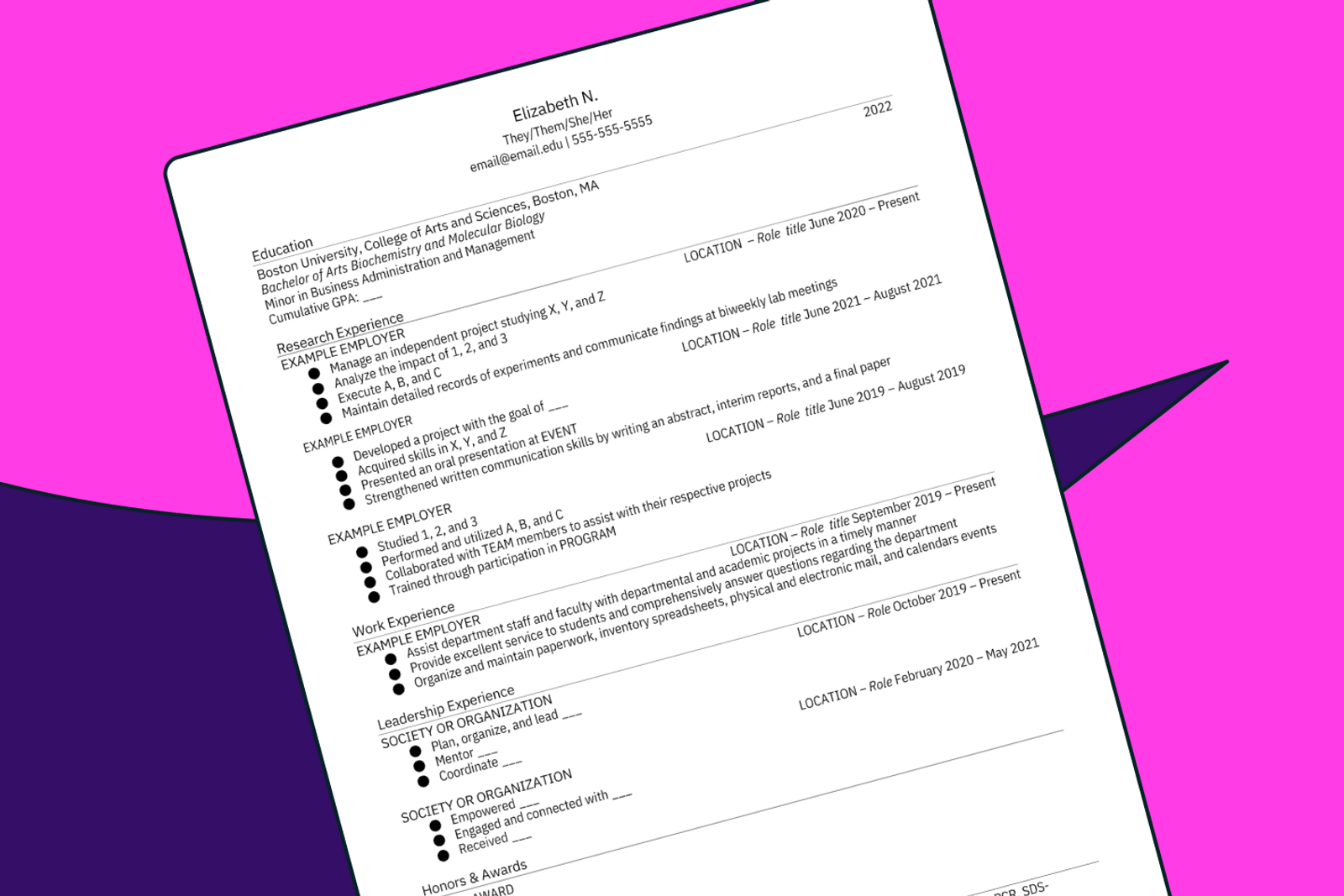The evolving nature of labor is prompting a world shift in direction of extra adaptable and versatile employment practices. Work is not solely a spot you go to for a 9 to five job – it’s reworking right into a dynamic idea as an ever-growing variety of individuals are gravitating in direction of versatile employment fashions, sometimes called non-standard types of employment (NSEs). Rising proof exhibits that as individuals more and more worth flexibility, notably after the COVID-19 pandemic, nations are recognizing this shift, presenting new challenges for policymakers, and prompting them to implement reforms that foster environments able to supporting NSEs.
Nonetheless, NSEs face obstacles on account of their distinctive nature of fluctuating revenue, instability, and administrative boundaries that complicate their inclusion in labor and social safety methods. Let’s check out latest steps taken by nations within the Center East and North Africa (MENA) area, showcasing a proactive response to those rising wants and setting an instance that will encourage related actions elsewhere.
This yr, Saudi Arabia and Jordan introduced regulatory reforms, designed with assist from the World Financial institution, that formalize versatile work preparations whereas making certain employee safety by social insurance coverage protection.
- Saudi Arabia introduced a package deal of reforms for the laws of the MRN (Arabic for versatile) contracts. Most importantly, the reform now covers MRN (versatile) staff by social insurance coverage and is topic to the precise guidelines and laws set by the Basic Group for Social Insurance coverage (GOSI).
- Jordan additionally introduced its new versatile work bylaw, increasing the number of employment varieties allowed underneath the legislation to incorporate choices resembling distant, part-time, versatile hours, and compressed workweeks. The brand new bylaw additionally supplied all people and never solely particular teams of staff the pliability to decide on choices that finest go well with them, topic to enterprise wants and the employer’s approval, while offering them with entry to social safety protection.
These new reforms are a milestone not just for Saudi Arabia and Jordan but additionally for the MENA area, demonstrating a proactive strategy to evolving labor market developments, notably the rising prevalence of NSEs. And these reforms are set to primarily profit youth and ladies in Jordan, Saudi Arabia, and elsewhere in MENA, a area that has the very best youth unemployment charge and the bottom feminine labor drive participation on the earth. A latest World Financial institution research exhibits empirical proof that versatile employment preparations, resembling on-line gig work, considerably improve feminine labor drive participation.
A International Framework for the Way forward for Work
All nations, particularly growing and rising economies, ought to take into account related reforms. As highlighted in a latest be aware by the World Financial institution on the gig financial system and the way forward for work, labor and social safety methods all over the world are inflexible as they had been constructed to serve customary types of employment, which generally contain full-time, indefinite, subordinate, and on-site work. These conventional methods at the moment are struggling to incorporate the brand new types of employment resembling gig work, telework, and different NSEs.
The emergence of NSEs is a comparatively new phenomenon, however with out up to date methods and laws, many staff will proceed to enter the labor drive with out social insurance coverage towards unemployment, occupational hazards, and old-age poverty. This example is especially regarding provided that, in keeping with the Worldwide Labor Group, over 60% of the world’s employed inhabitants is in casual employment, missing social safety, labor rights, and respectable working circumstances.
The World Financial institution be aware gives a coverage framework to deal with the challenges and alternatives offered by NSEs. Inside this framework, nations can purpose to attain two main objectives:
- Harmonize guidelines throughout various kinds of employment. The purpose is to determine an built-in labor market by precisely classifying staff and harmonizing associated prices. This strategy ensures that employment selections are pushed by labor market wants, quite than makes an attempt to keep away from prices associated to advantages or taxes.
- Use the chance to replace social safety methods to incorporate NSE staff by extending protections resembling occupational hazard insurance coverage, unemployment advantages, parental depart, and moveable advantages financial savings schemes. This requires progressive coverage options that guarantee social safety methods are adaptable, inclusive, and aware of the various wants of all staff, no matter their employment standing.
The mixing of non-standard types of employment into formal labor markets in Saudi Arabia and Jordan presents a big alternative for different nations to observe go well with. By adopting complete coverage frameworks that handle the distinctive challenges of NSEs, nations can create extra inclusive, resilient, and dynamic labor markets. By doing so, nations in MENA and all over the world can guarantee sustainable financial development and improved employee protections, setting a benchmark for labor market reforms worldwide.










